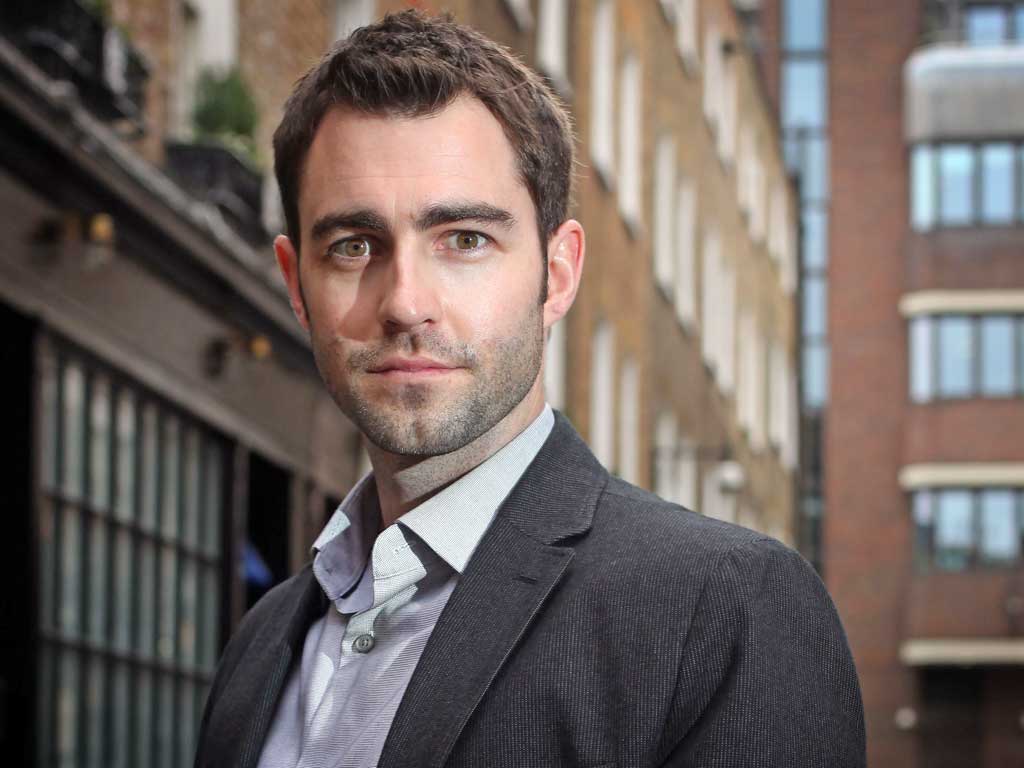Change is going to come... via Change.org
The petition website that ignited a US protest movement is launching in the UK

Your support helps us to tell the story
From reproductive rights to climate change to Big Tech, The Independent is on the ground when the story is developing. Whether it's investigating the financials of Elon Musk's pro-Trump PAC or producing our latest documentary, 'The A Word', which shines a light on the American women fighting for reproductive rights, we know how important it is to parse out the facts from the messaging.
At such a critical moment in US history, we need reporters on the ground. Your donation allows us to keep sending journalists to speak to both sides of the story.
The Independent is trusted by Americans across the entire political spectrum. And unlike many other quality news outlets, we choose not to lock Americans out of our reporting and analysis with paywalls. We believe quality journalism should be available to everyone, paid for by those who can afford it.
Your support makes all the difference.When Molly Katchpole got a letter from the Bank of America saying it would start charging her $5 (£3) a month to use her debit card she was furious. The 22-year-old American college graduate and part- time nanny had $2,000 in savings and little else. A $5 monthly charge was too much to bear and she wanted to challenge the bank.
She set up an online petition which went viral and dominated TV networks. More than 300,000 people signed up. Thousands followed her lead in withdrawing cash from Bank of America. Within three weeks, America's second largest bank scrapped the card charges.
The website she used to harness outrage was Change.org, a digital petition site that has seen phenomenal growth over the past six months thanks to a series of prominent campaigns that have captivated the American public.
Today Change is launching a UK website in a bid to radically change how we organise protests. "Petitions are much maligned historically," Ben Rattray, a fast talking 31-year-old Californian who set up Change.org in his bedroom, told The Independent during a trip to the website's new London offices.
"Apart from the slavery petitions, in general there's a lot of scepticism. And the reason is that historically they have been little more than static names on parchments or a web page. It doesn't represent much more than a one-time commitment from people. What's different now is the ability to take the names of people who took action once and turn them into a movement of people who are taking further action to drive forward their campaign."
Numerous digital petition platforms have sprung up in recent years, transforming how ordinary people fight and lobby against everything from school governors and local officials to major firms. But few have the kind of footprint or success that Change has managed to effect in recent months.
When black teenager Trayvon Martin was gunned down by a Hispanic neighbourhood guard in Florida his death was met with indifference by the police. Unable to persuade detectives to treat their son's death as a murder, his parents turned to Change. The petition they started gained two million signatures, jolting the police into charging Trayvon's shooter and igniting a passionate debate in America over racism and the perception of black teenagers.
Campaigns against "pink slime" – a beef filler used in the States but banned in Europe – have dominated US media headlines and caused food manufacturers to abandon using the additive.
Change has grown from a bedroom-based online start-up into a global website with plans to expand into 25 countries including the UK, France, Germany, Spain, Indonesia, Thailand and the Philippines. In the past year the site has grown from 1,000 new members a month to nearly two million. Mr Rattray, who aimed to be a banker before turning to activism after his brother came out as gay, says 15,000 petitions are launched monthly. He expects 25 million members by the end of the year.
A UK site will allow any campaigns here to be more targeted. "I think the British are as sceptical of petitions as Americans," he said.
"The most important thing we can do is demonstrate the fallacy that people can't make a difference using online means."
Power to the people: change.org's biggest campaigns
Trayvon Martin
When police in Florida failed to arrest George Zimmerman for shooting dead unarmed black teenager Trayvon Martin, pictured, while on neighbourhood watch, Martin's parents turned to Change.org. Their petition has received the largest number of signatures to date – more than 2.2 million – and added to the huge pressure facing the authorities. Zimmerman is set to face trial for the shooting, and another campaign to repeal Florida's "shoot-first" policy has been launched.
'Pink slime'
Using Change, Bettina Siegel launched a campaign against "pink slime", a beef-based food additive widely used in the US but banned in Europe. Made from compressed scrap meat pieces which are treated with an antibacterial agent, the campaign garnered more than 250,000 signatures calling for it to be banned in school lunches. A number of leading companies have also ceased selling products containing the additive.
South African government
A campaign to get the South African government to acknowledge and address the problem of "corrective rape" against lesbians gained support with 171,000 signatories from across 175 countries. The South African parliament has since agreed to establish a special team tasked with ending the practice and to look at increasing penalties for perpetrators.
Join our commenting forum
Join thought-provoking conversations, follow other Independent readers and see their replies
Comments